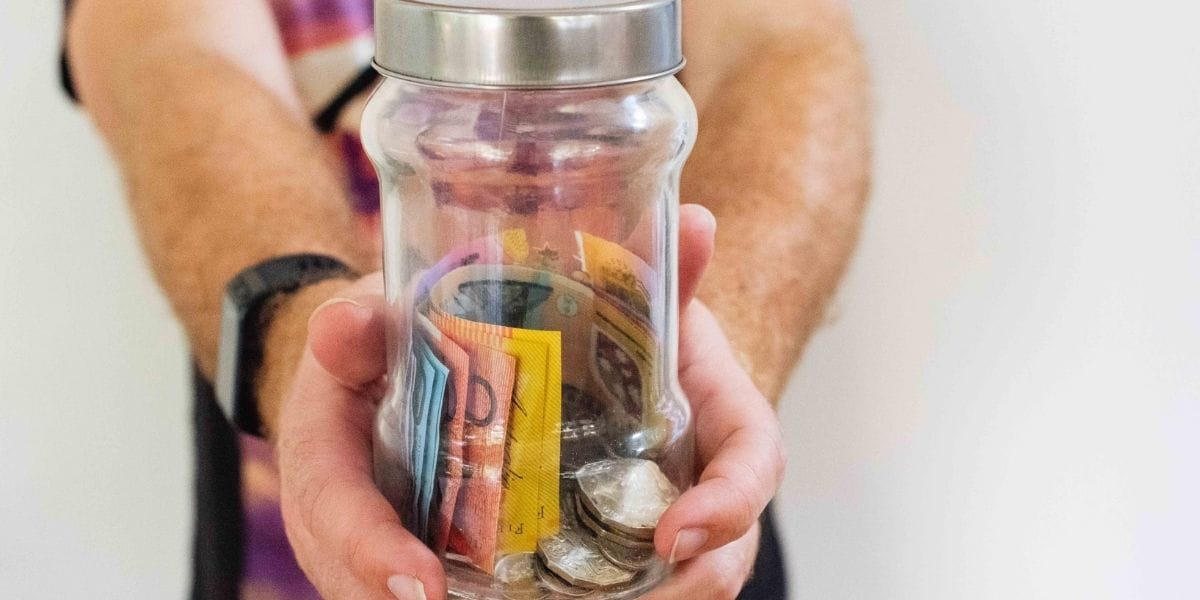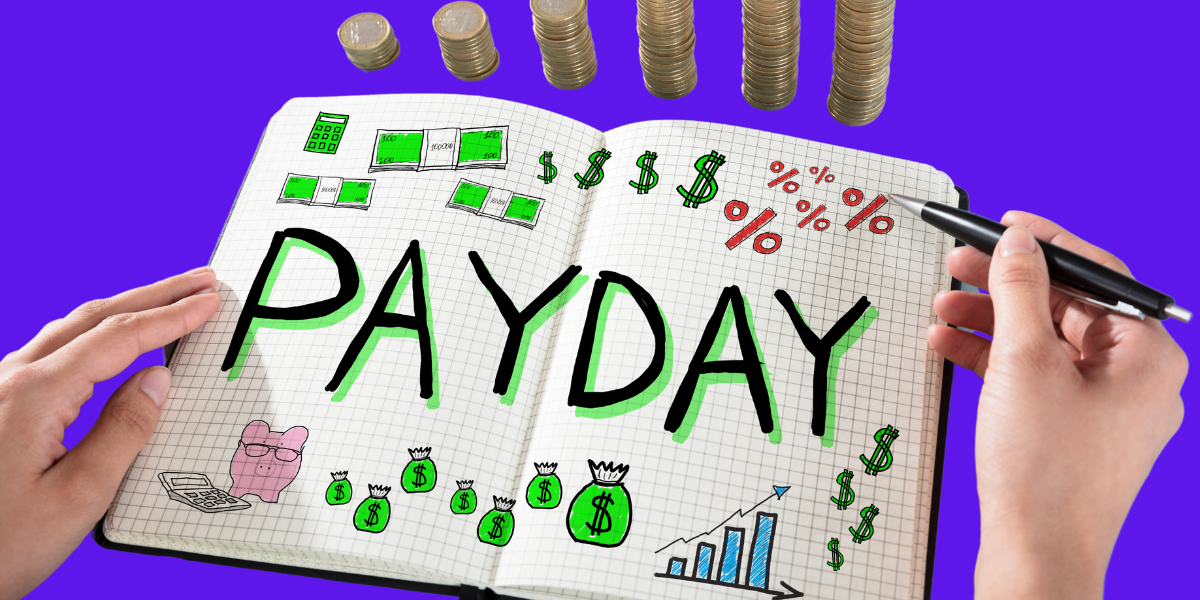We think of financial freedom as having the ability to make certain choices without worrying about being able to financially sustain yourself.
To reach true financial freedom, you usually need a plan to get there. And this is where we can tend to get stuck.
We are often bogged down by day to day living that reaching financial freedom seems like a pipe dream.
But if you think of reaching financial independence in bite-size stages, we find that the goal becomes more achievable and realistic.
It also makes the journey less overwhelming. If you can manage to pay down an outstanding bill that's been hanging over your head, that's great.
The point is that every action, no matter the size, is likely to lead you closer to financial freedom.
The stages of financial independence also lead you to ingraining good money habits - a core part of smart money management.
So where does it all start?
1. Dependent
At this level, things aren't easy and you might be unhappy with your financial position.
You’re likely financially dependent on others. And at this state, you can probably only continue on in this way in the short term.
2. Solvent
Solvency or "survival" is when your outgoings and expenses are lower than your earnings.
In this stage, you're likely able to meet your financial commitments, pay all your bills and not rely on someone or something to help you cover your expenses.
3. Stable
Once you're able to consistently meet your financial commitments, have paid off some debts, and you're able to keep your expenses down, then you can start saving. First for your emergency fund, then for your longer term growth.
But you’re probably not debt free yet. And that's okay. You may still have some significant debts like paying your HELP student loan debt or a mortgage, which you're chipping away it.
4. Security
Once you have built your emergency fund, we think that it’s time to consider investing.
Hopefully, when you have built a solid investment base, you aren’t relying on your income to cover your basic expenses. You may successfully be building and managing your wealth, and be on the path to earning your financial freedom.
5. Independence
At this point, you should have made solid, long term investments. And your investment earnings are enough to cover your current lifestyle. At this stage your good investments should literally paying dividends.
6. Freedom
This is the stage people often dream about. You can afford the basics, but should be able to afford comforts and luxuries too.
Here, you may be able to take bigger risks and opportunities. Now you can buy that lakeside holiday home, turn your interior design hobby into a career and travel abroad regularly.
7. Abundance
Ta-da! You should have enough investment income that you have more than you need. Here your focus should be on sensible stewardship of this wealth for any beneficiaries.
It will take time to realise financial independence, but the peace of mind, confidence and control over your destiny, will be well worth it.
So there you have it. It’s not easy to reach financial independence, nor is it a well-travelled road.
But it is possible. Many people earn decent money, but never get beyond the first few stages. Remember it’s about the choices you make that will help you to get there.
Don’t get overwhelmed by the thought of financial freedom. If you keep plugging away and make smart money choices, we think that you could get there.



